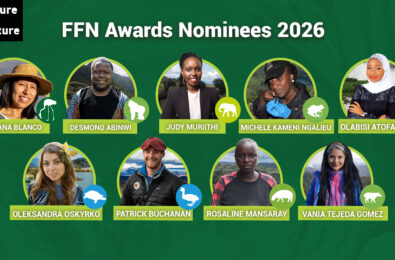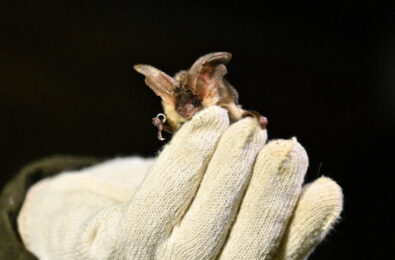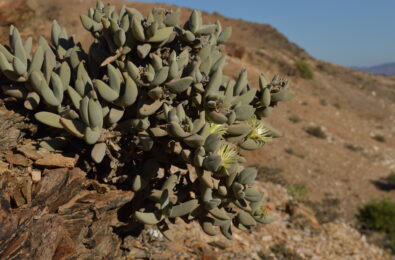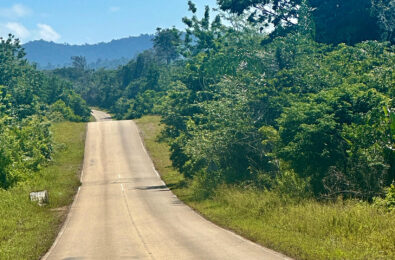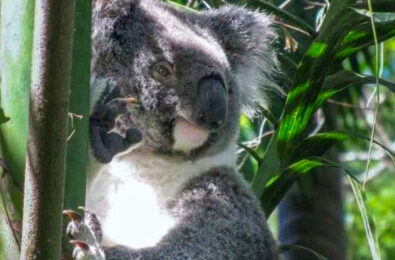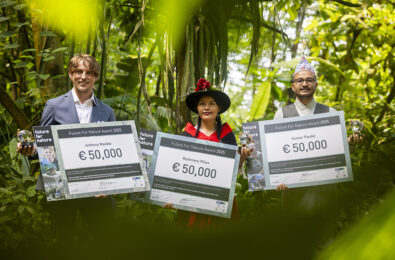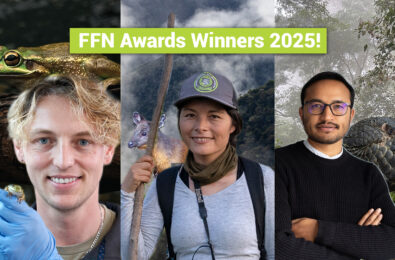Mohammad Dreams of Asian Conservation Biologists Teaming Up
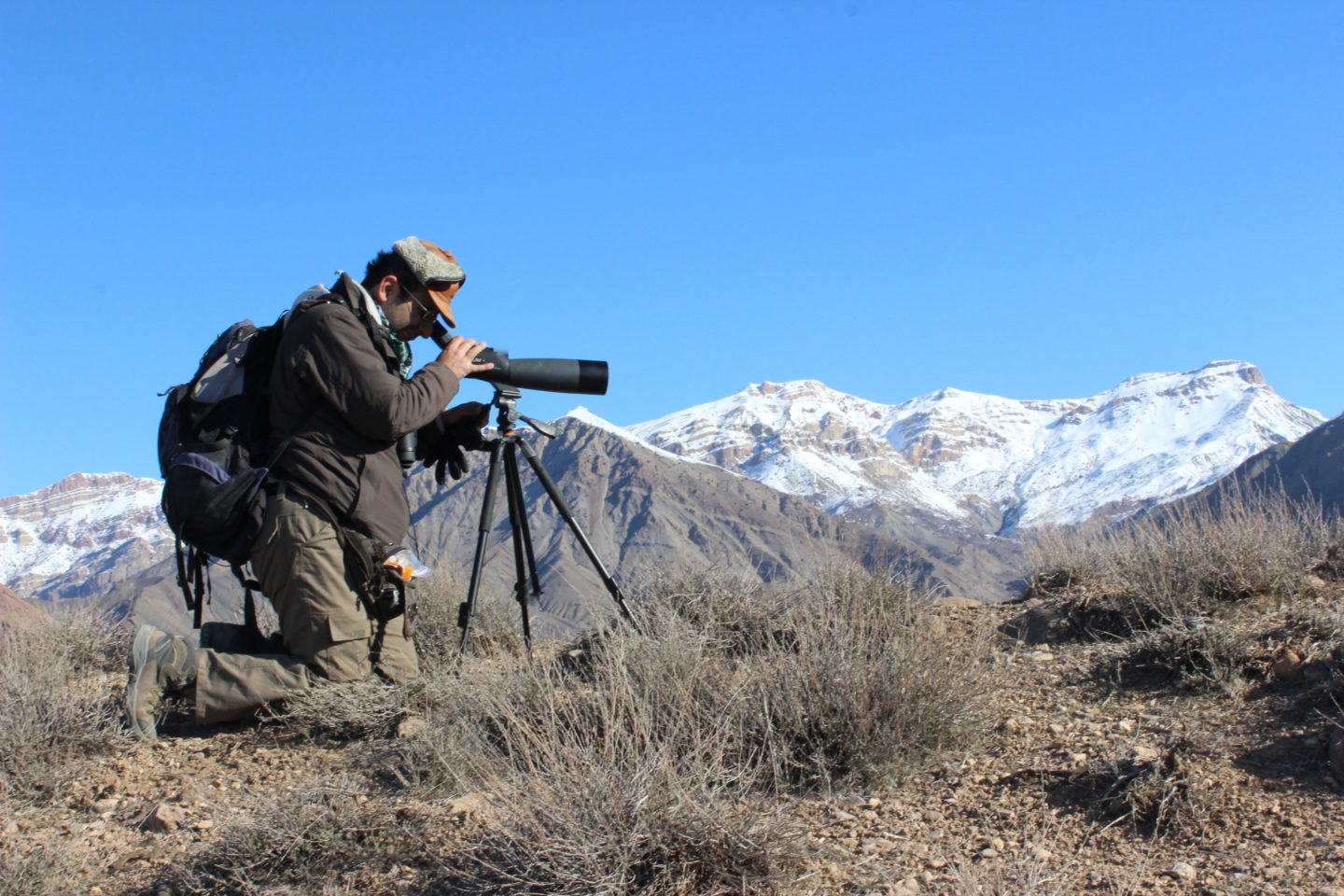
Our previous blog post was written by Farwiza Farhan (FFN winner 2017) and she had a new question which we shared with Mohammad Farhadinia (FFN winner 2009) “What would you like your conservation dream to be?” FFN Award 2009 winner Mohammad Farhadinia was asked to share his view with us and he took the time to answer this meaningful and personal question in his blog below.
How it all started
I started my conservation career 20 years ago with Asiatic cheetahs in Iran. Initially thought to be a predator exclusively occurring in open plains, we later found that they are usually seen in mountainous landscapes. Then, while working on other predators like wolves, bears or leopards, I found out how crucial mountains are for providing resources like food, cover, etc. for different species. It is not only about animals, the lives of billions of people across Asian countries depend on mountains, from Arabian Peninsula, through Caucasus and Kopet Dag, to Pamir and Himalaya. We, Asian people, have an invaluable commodity, spanning across thousands of kilometres. The scale of the ecosystem services that these mountains provide is almost without parallel in human history, particularly in terms of supplying water, food, and energy.
“I wish we would team up across the Asian highlands to address challenges for biodiversity conservation and human livelihood.”
 g
g
The potential across the Asian highlands
There are many people working to ensure a viable future for these mountainous ecosystems and sustainable development of the range countries. In the Caucasus, multi-lateral efforts are trying to recover Persian leopards and their prey while south and central Asian countries have teamed up to secure snow leopard landscapes. In Far East, trans-boundary collaboration between China and Russia is reportedly paying off to recover Amur tigers and Amur leopards, whereas multi-national programs aim to safeguard migrating ungulates in across central Asian plateaus. There is a huge potential for beautiful wildlife across Asian highlands.
The dream
As an Asian conservation biologist, I wish we would team up across the Asian highlands to address challenges for biodiversity conservation and human livelihood. There are numerous conservation lessons and optimistic messages across the continent, which could be shared to apply to similar situations. Like-minded people, from different disciplines, must form think tanks to inform science and policy. This is my conservation dream.
“There is a huge potential for beautiful wildlife across Asian highlands.”
Join together to ensure biodiversity
Asian highlands will remain a critical region for the biodiversity of our living planet, and we, as conservation biologists, must join together to ensure a healthy future for them, as well as all organisms whose lives depend on them.






